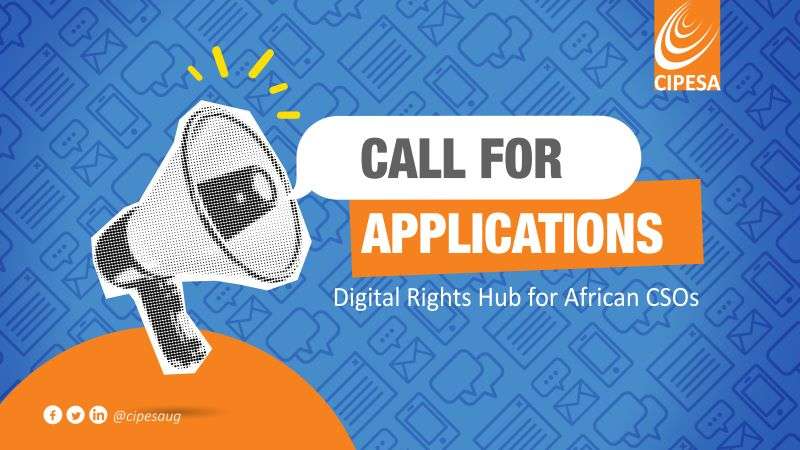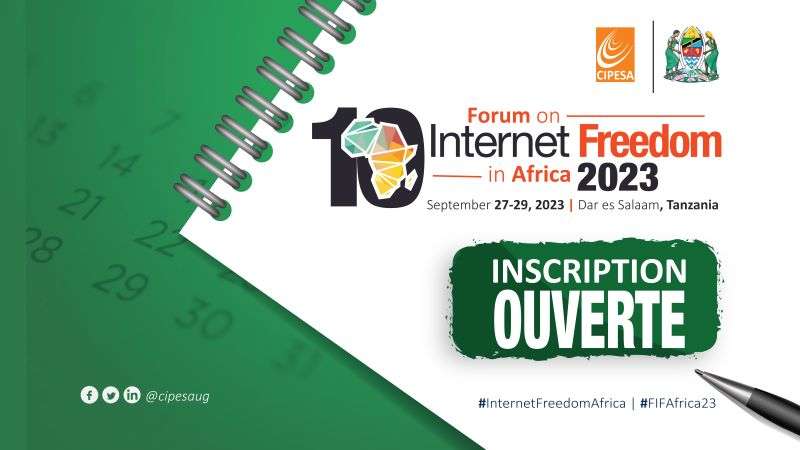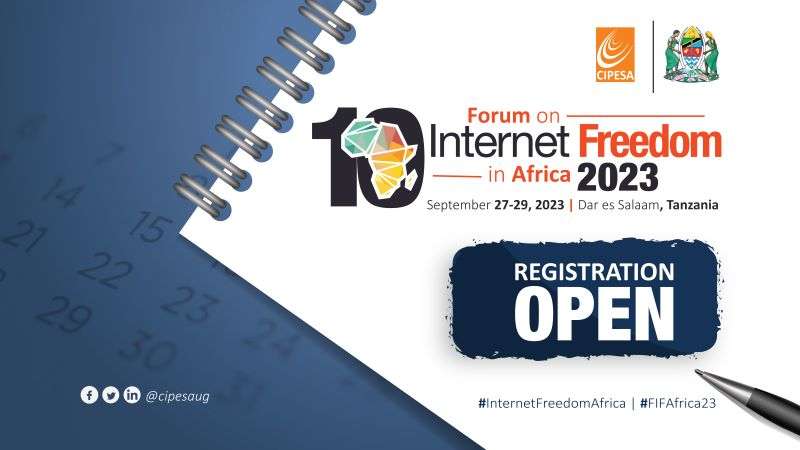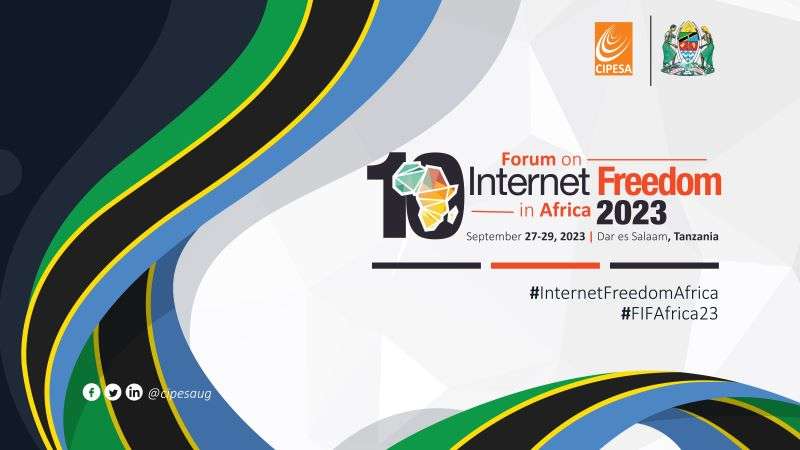Annonce |
Le Ministère de l’Information, de la Communication et des Technologies de l’Information de la République Unie de Tanzanie a annoncé qu’il co-organisera l’édition 2023 du Forum 2023 sur la Liberté d’Internet en Afrique (FIFAfrica23). Cette initiative s’inscrit dans le cadre de la transformation numérique et des efforts de numérisation du pays au sens large.
“Nous sommes heureux de soutenir un événement si important en Afrique. Dans les années précédentes, nous avons assidûment travaillé à l’amélioration de notre transformation numérique par le biais du Cadre de l’Economie Numérique de la Tanzanie, afin de renforcer nos capacités au sein du gouvernement et de permettre aux citoyens tanzaniens de bénéficier de services numériques. Nous apprécions cette opportunité de montrer notre engagement à promouvoir l’accès à l’internet dans le pays et la région. En tant que ministère, nous avons fait des progrès considérables pour accroître l’accès à internet et nous sommes déterminés à faire de l’internet un espace sûr et favorable pour tous les utilisateurs, en particulier les femmes, les jeunes et les groupes marginalisés”, a déclaré M. Nape Nnauye, ministre de l’Information, de la Communication et des Technologies de l’Information.
Initiative de la Collaboration sur la politique internationale des TIC pour l’Afrique de l’Est et australe (CIPESA), FIFAfrica est le plus grand et le plus influent rassemblement sur le rôle de la technologie dans le développement socio-économique et politique de l’Afrique. Il réunit les décideurs politiques, les régulateurs, les défenseurs des droits de l’homme, les universitaires, les représentants de la loi, les médias et d’autres parties prenantes d’Afrique et d’ailleurs pour discuter des plus urgentes préoccupations et possibilités de faire progresser la vie privée, la liberté d’expression, l’inclusion, la libre circulation de l’information, la participation civique et l’innovation en ligne.
Le gouvernement tanzanien rejoint ceux de l’Ethiopie (2019) et de la Zambie (2022), de même que la présidence de la Slovénie à l’Union Européenne (2021), en s’associant à CIPESA pour co-organiser FIFAfrica. Prévu pour se tenir à Dar es Salaam, en Tanzanie, du 27 au 29 septembre 2023, le Forum, qui en est à sa dixième édition, fera intervenir diverses voix et perspectives à travers des sessions soigneusement sélectionnées (ateliers de formation, réunions de partenariats, débats d’experts, expositions et conférences éclair) qui ont émergé à la suite d’un appel public.
“Nous sommes heureux d’accueillir FIFAfrica23 aux côtés du ministère tanzanien de l’Information, de la Communication et des Technologies de l’Information. Ce partenariat témoigne de la vision commune et de l’engagement de CIPESA et du gouvernement tanzanien à promouvoir un internet ouvert et inclusif en Afrique”, a déclaré le Dr Wairagala Wakabi, directeur exécutif CIPESA.
CIPESA a annoncé que sa décision d’organiser FIFAfrica en Tanzanie était une reconnaissance du changement progressif opéré par le pays pour promouvoir la digitalisation au service du développement durable. Sous la direction de sa première femme présidente, Samia Suluhu Hassan, une partisane des droits civils et les droits des femmes, le pays a entrepris des réformes politiques et juridiques visant à renforcer l’espace civique et l’agenda de la digitalisation. Notamment, une loi sur la protection des données a été promulguée, la loi régissant les activités des médias est en cours de révision, et la réglementation sur le contenu en ligne de 2020 a été révisée afin de la rendre plus favorable au discours en ligne, à la vie privée et à l’accès à l’information.
Le Forum s’est déjà tenu en Ouganda, au Ghana, en Éthiopie, en Zambie et en Afrique du Sud. En tant que plateforme permettant d’analyser les défis et d’élaborer des réponses communes, l’organisation de FIFAfrica dans différents pays ouvre la voie au partage d’expériences, à l’apprentissage et à l’échange, mais ravive également l’engagement de CIPESA à assurer une représentation régionale plus large et approfondir le dialogue à travers le continent.
FIFAfrica23 se tiendra au Hyatt Regency Dar es Salaam, The Kilimanjaro, et devrait rassembler au moins 400 participants venus de tout le continent et d’ailleurs. Suivez @cipesaug sur les médias sociaux pour les mises à jour. Utilisez les hashtags #FIFAfrica23 et #InternetFreedomAfrica pour partager votre vision des droits numériques en Afrique.





